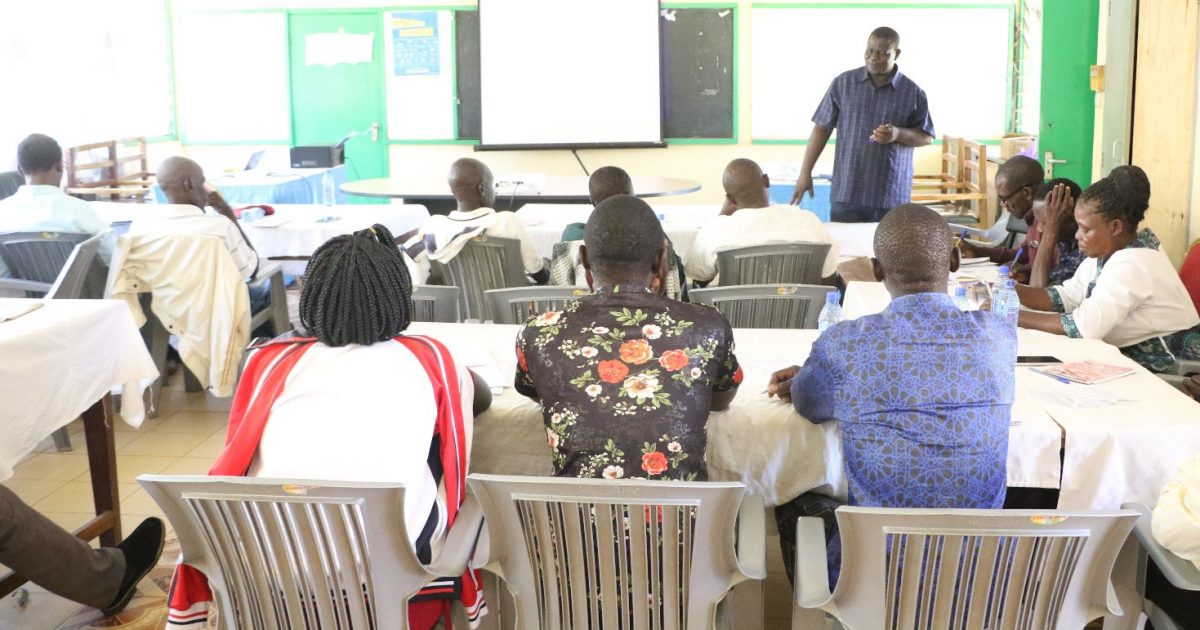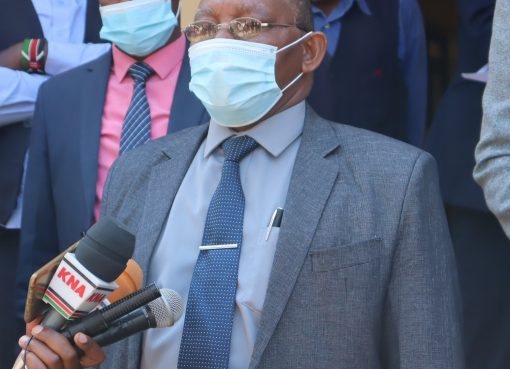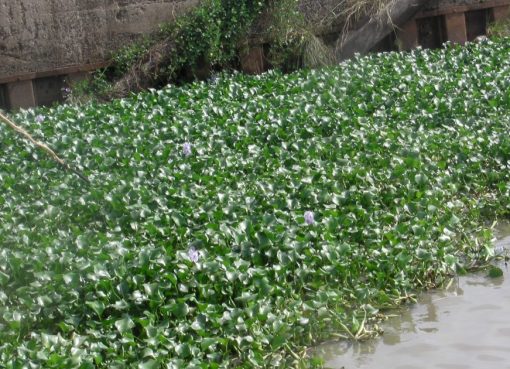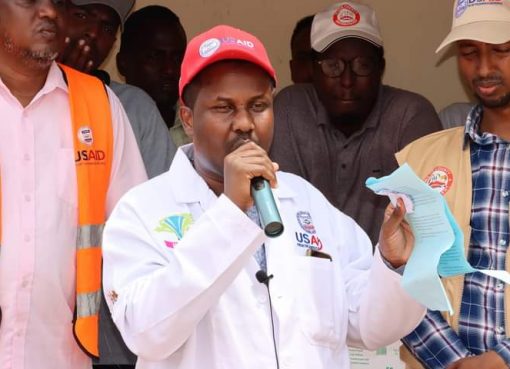Fish farmers in Busia County have been urged to follow weather updates from the Meteorological Department to help in planning their farming with a view to reducing losses caused by climate change.
Speaking during the training that brought together pond and cage fish farmers at Busia Agricultural Training Centre, Busia County Director, Kenya Meteorological Department Benjamin Bahati said observation of weather patterns would help to improve production.
“Farmers should get seasonal weather forecasts so that as they farm, they already know the expected amount of rain. This will enable them to plan their activities with regard to the expected weather and avoid many loses,” he said
Bahati stated that there was a need for frequent training saying this would enable the farmers to understand the weather patterns and do early preparation.
“We are preparing these fish farmers so that they can understand the impact that comes with the rain. Farmers will be able to use harvest water through their roofs for ponds because this is clean water that can replace the lost water in the ponds,” he said.
Busia County Aquaculture Business Development Programme (ABDP) coordinator Dennis Wesonga said they are working with 1300 pond famers. He added that they have initiated a programme which would see the farmers at Bumbe benefits through cage farming.
“We have 1,300 pond farmers under our programme. Samia Sub County where we will have 14 cages with each cage holding 30,000 fingerlings distributed to 14 groups of 15 members each,” he said.
Busia County Director of Fishery Hendrick Owuor said their aim is to increase fish production and improve on post-harvest management.
“Climate change is a big concern across the aquaculture sector and that’s why we are guiding our farmers on how to deal with flooding and other weather-related issues. Farmers at riparian areas are prone to flooding and that’s why it is important for them to understand how to deal with these challenges,” she said.
Slyvester Kayo, a fish cage farmer, lauded the training stating that they have been equipped with the early interventions on the challenges they normally faced.
“We have been trained on the precautions that we should take when there is heavy rain and flooding. We have also been informed of the interventions and actions that we can take when faced with the challenges so as to avoid the losses that we normally incur,” he said.
By Rodgers Omondi





